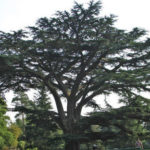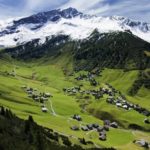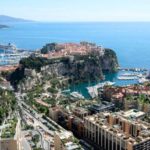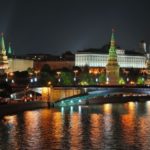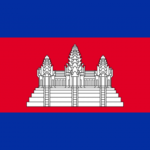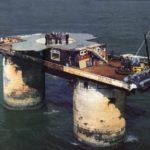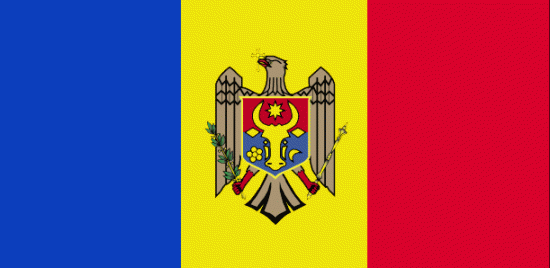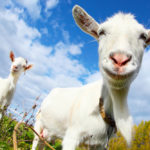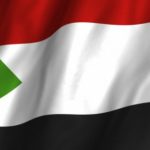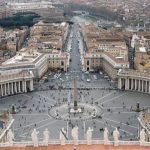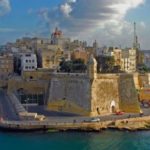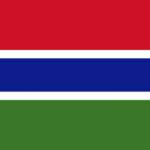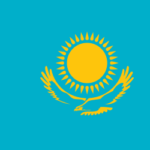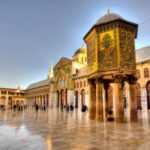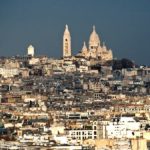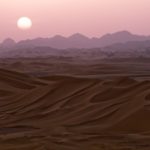Interesting facts about Lebanon
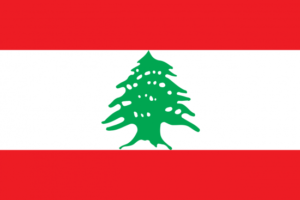 Lebanon is a small Arab state located in the Middle East region. Since this country is poorly represented on the world stage, and almost does not influence world politics, it remains in the shadow for most curious travelers. Nevertheless, Lebanon is a country worthy of studying it properly. The rich history and ancient cultural traditions are not all that the Lebanese land boasts.
Lebanon is a small Arab state located in the Middle East region. Since this country is poorly represented on the world stage, and almost does not influence world politics, it remains in the shadow for most curious travelers. Nevertheless, Lebanon is a country worthy of studying it properly. The rich history and ancient cultural traditions are not all that the Lebanese land boasts.
The area of Lebanon is small, a little more than ten thousand square kilometers.
There is not a single navigable river in Lebanon.
Before the civil war began in the mid-1970s, Lebanon was a very prosperous state, an analogue of the “financial paradise” – Switzerland, only for the Arab countries.
Snow in the winter in Lebanon. True, only in the mountains, and not every winter.
The symbol of Lebanon is cedar. These magnificent trees once covered a fair share of the country’s territory, but their uncontrolled cutting led to the fact that now there are few trees left in Lebanon. By the way, it is the cedar that is depicted on the Lebanese flag.
At the same time, Lebanon is the only Arab country on whose territory there is not a single desert.
The first settlements on the territory of modern Lebanon date back to about the 6th millennium BC.
Most of the Lebanese land is unusable neither for construction, nor for farming mountains.
Lebanon gained independence before many other small countries, back in 1943.
Most Lebanese are Muslims, but officially Lebanon is a secular state. Christians in the country are about 40 percent.
The national currency of the country is the Lebanese pound. And Lebanese banknotes are printed in Russia.
In Lebanon, spent most of his childhood, the famous Hollywood actor Keanu Reeves.
Most Lebanese are fluent in two or three languages.
Among all the Arab countries, Lebanon became the first state to have its own constitution.
Once in Lebanon, the world’s largest potato was grown – one tuber weighed over 11 kilograms.
The capital of Lebanon, Beirut is a long-suffering city. He was destroyed, and later restored, and not once, but all seven.
One of the most popular professions in Lebanon is a doctor. According to statistics, an average of ten Lebanese have one doctor of this or that profile.
